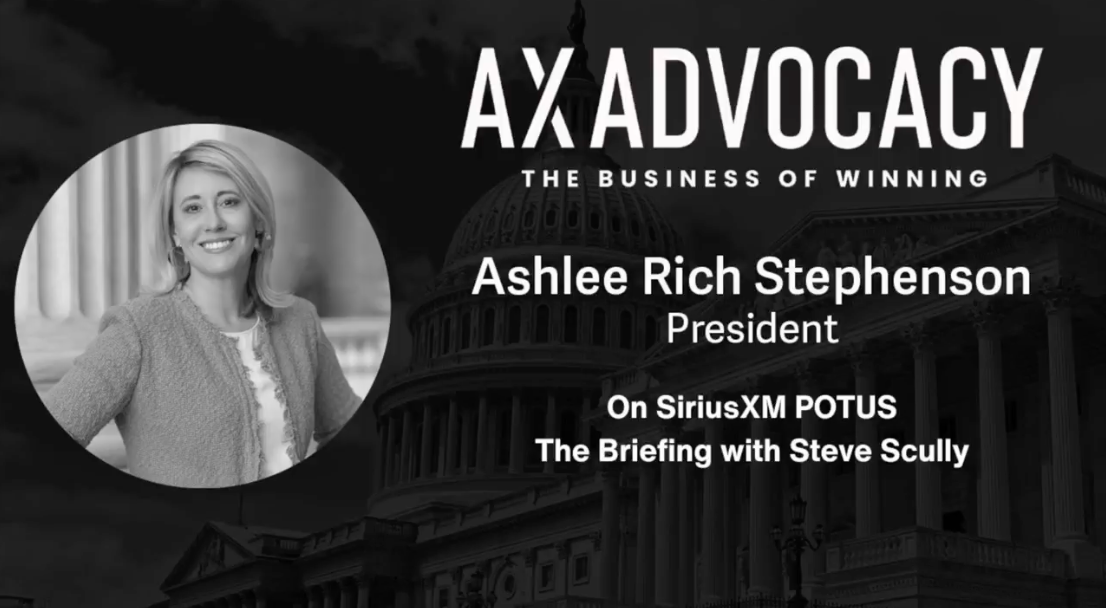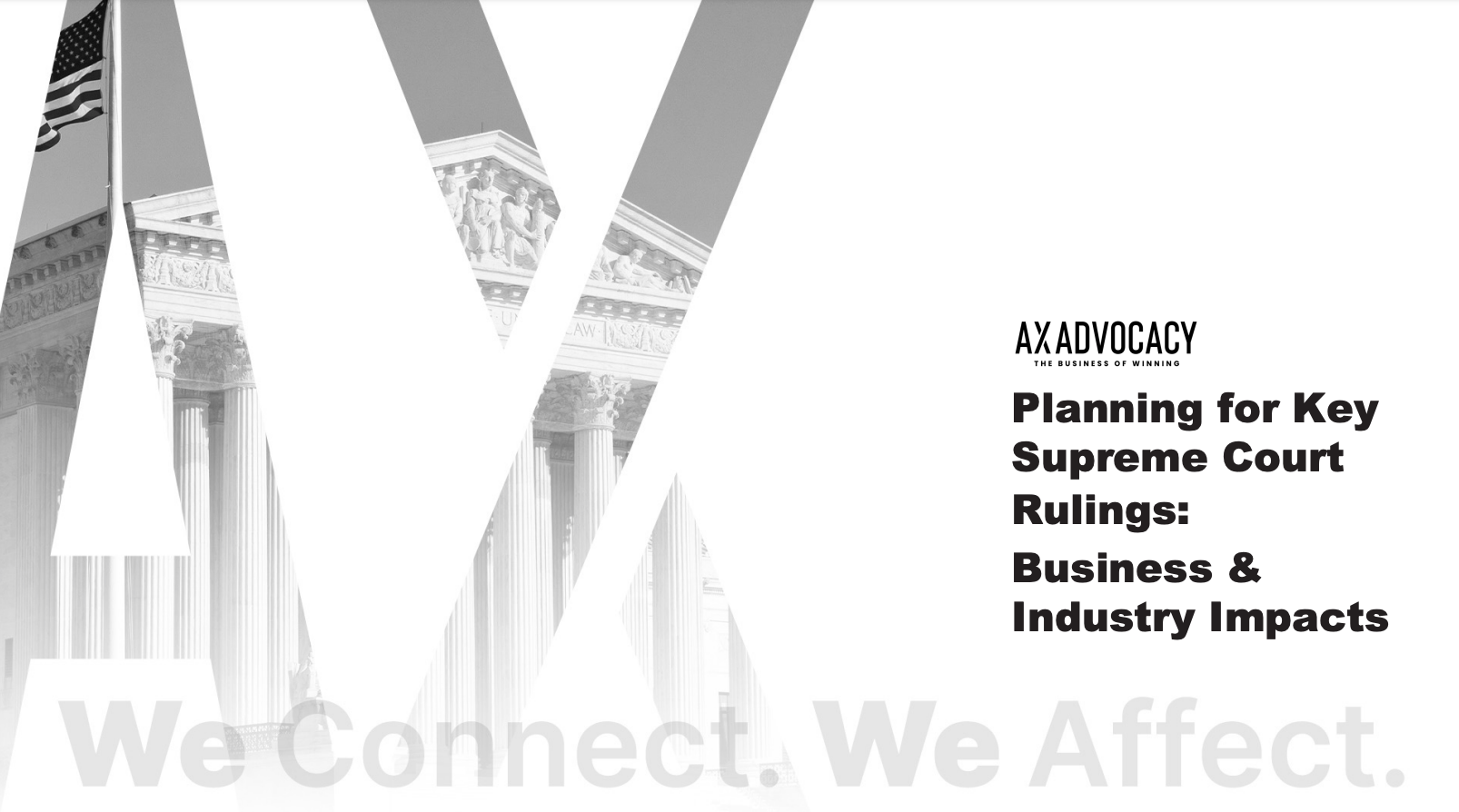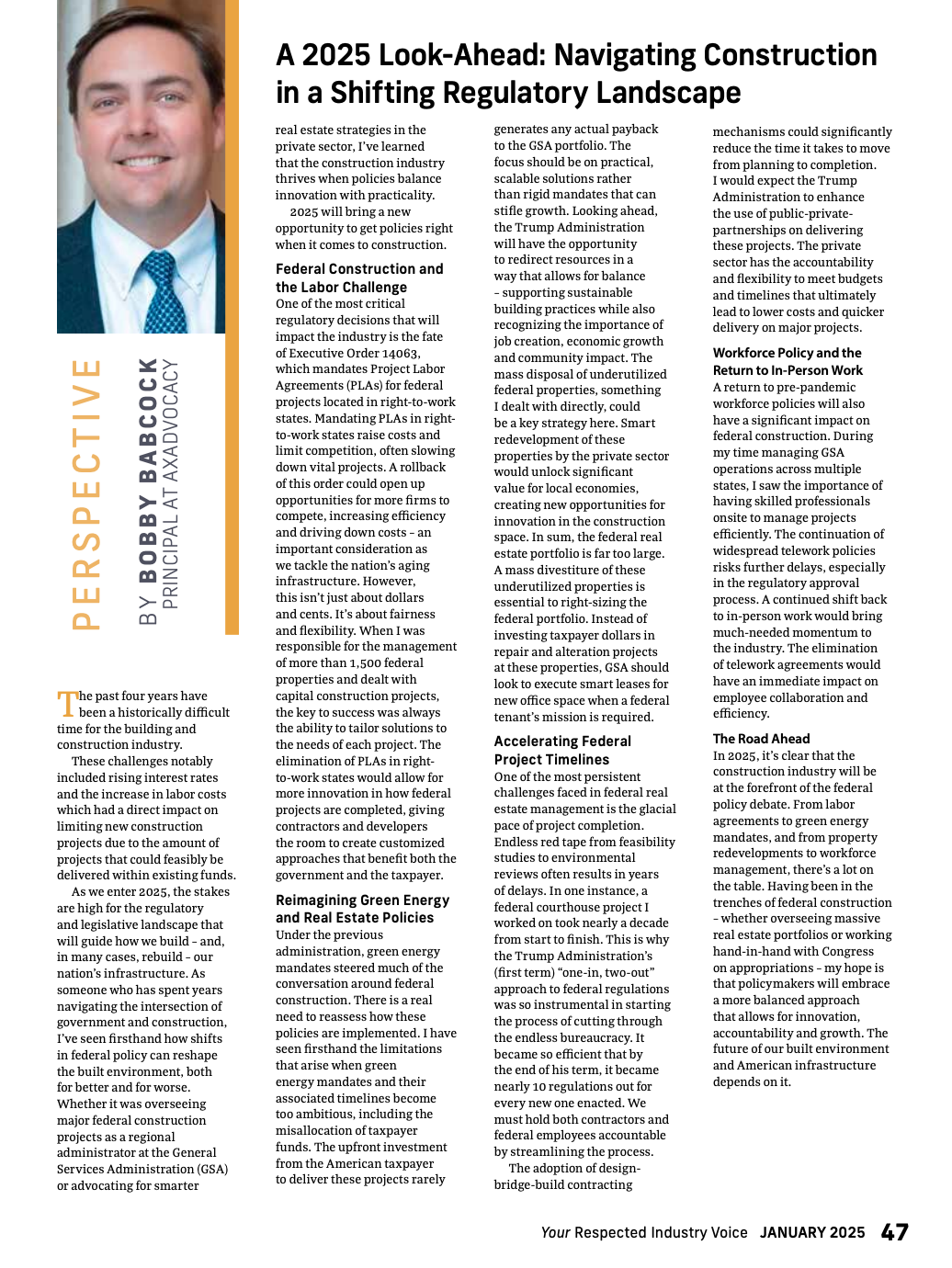Colleges Must Stand Firm Against Far-Left Pro-Hamas Extremism
By Chris Pack and Bob Salera
Yesterday marked the one-year anniversary of Hamas’s brutal terrorist attacks on Israel. And predictably, the far-left, pro-Hamas activists that caused chaos on American college campuses earlier this year were back out in force, disgustingly celebrating terrorism, and chanting antisemitic slogans. As we saw during the spring semester, this vocal minority is pushing institutions toward policies that align with extremist ideologies. In the interest of their reputations, colleges and universities must learn from their mistakes, resist this pressure, and stand firm on principles that reflect the broader values of our society.
Colleges must not allow a small but loud group to dictate policies that could lead to national ridicule and a loss of public trust. Instead, they should focus on the values held by the majority, who support Israel and reject the violence of Hamas. The backlash against Ivy League universities should serve as a cautionary tale: aligning with extremist views does not lead to respect or progress but rather to a tarnished reputation and diminished support.
Recent polling underscores the widespread American support for Israel and the widespread condemnation of Hamas. According to a recent Gallup poll, a significant majority of Americans view Hamas unfavorably and support Israel’s right to defend itself. Another survey revealed that the reputations of Ivy League schools have suffered due to their handling of pro-Hamas protests, indicating that appeasement of radical elements is damaging these institutions’ standing in the eyes of the public.
Compounding this issue is the current administration's weakness in handling similar pressures. President Biden’s inconsistent stance on Israel, influenced by anonymous letters from within his staff, has undermined his pro-Israel position. This internal dissent has emboldened extremist views and led to a perception of capitulation. Such weakness at the highest levels of government sends a dangerous signal that yielding to the loudest voices, rather than standing firm on principles, is an acceptable approach.
Reflecting on the 2020 election cycle offers valuable insights from our time leading the communications efforts of the National Republican Congressional Committee (NRCC).
Fresh off their victory in the 2018 election, retaking the majority in the US House of Representatives, the Democratic Conference was infused with a freshman class that included several high-profile far-left figures, including self-avowed socialists like Alexandria Ocasio-Cortez, Rashida Tlaib and Ilhan Omar. These new members, part of the self-styled “Squad” endorsed extreme positions that were anathema to the vast majority of voters like Defund the Police, the Green New Deal and Abolish ICE. Instead of distancing themselves from The Squad’s extreme positions and rhetoric, their fellow House Democrats remained silent or even defended them, similar to what we are seeing on campuses with anti-Semitic protests.
In response to this extremism on the other side of the aisle, under the mandate of then-House Republican Leader Kevin McCarthy, we adopted an aggressive tone in defining our Democratic opponents. And at the urging of well-known pollster Neil Newhouse, we made the 2020 election a referendum on the Democrats’ lurch towards socialist policies.
As expected, we were laughed at.
Democratic Congressional Campaign Committee (DCCC) Chairwoman Cheri Bustos, who was responsible for protecting the centrist House Democrats, dismissed our strategy in September 2019 on a panel discussion at the Texas Tribune Festival, saying “This [socialism] label that you keep repeating over and over and over again, I think we’re going to be sick and tired of it by the time November of 2020 rolls around. It is not true. It is fake. It’s not going to stick.”
Then-Meet the Press’ then-host Chuck Todd was quick to pick up on Bustos’ tone, further mocking us on his panel observing, “Socialism is a central tenet of the Republican playbook this cycle. You see it with the NRCC. In the House races they try it. I mean my goodness. Who’s not a socialist as far as the NRCC is concerned?”
And right on cue, while we were busy staying on message of socialism, the professional race handicappers, who we referred to internally as the “paywall prognosticators” predicted that Democrats would win “10-15 seats, with anything from 5-20 seats well within the range of possibility.”
But that is not what happened. instead, the GOP made history by flipping an unprecedented 15 seats, while simultaneously losing GOP control of the Senate and White House. The fallout was immediately validating, as majority making centrist Democrats ceded that the NRCC stuck to its message and tuned out the noise of beltway press and paywall prognosticators.
As reported by The Washington Post, “In the aftermath of their unexpected losses, Democrats argued that the party needs to come to terms with a bigger problem: Republicans have successfully cast the most vulnerable Democrats as “socialists” and tied them to liberal ideas, including Medicare-for-all, the Green New Deal and cutting police budgets.” One Democratic representative remarked to her colleagues, “Don’t say socialism ever again,” and “if we run this race again we will get f-----g torn apart again [at the polls]."
The lesson is clear: when institutions coddle extremists instead of standing up to them, it broadcasts to the world at large that the institutions in question are taking the extremists’ side. For the sake of their own reputations, as well as decency, colleges and universities must vocally reject the violent extremists on their campuses, prioritizing the values and beliefs of the broader American public over the disruptive demands of a radical few. By doing so, they will not only uphold their own integrity but also contribute to a more balanced and principled national discourse.
The defeated House Democrats should serve as a cautionary tale to these colleges and universities. Weakness and inconsistency in the face of extremist pressure leads to chaos and undermines core values. Colleges must choose the path of strength and principle, ensuring their policies reflect the true values of our nation and not the disruptive whims of a minority.
###
Chris Pack and Bob Salera led the NRCC’s messaging efforts during the 2020 election cycle. They now lead the communications vertical at Washington, DC public affairs firm, AxAdvocacy.










